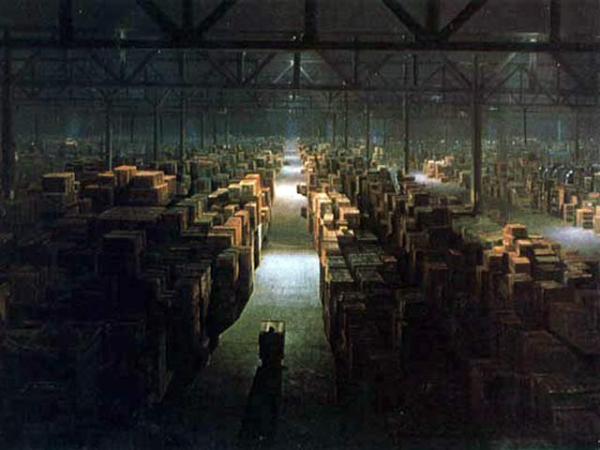The federal government may store private phone records ,and Internet data that it has seized through the Prism program, in the National Security Agency’s Utah Data Center that is being built and set to open this fall.
The UK Guardian reported on Wednesday that the Obama administration had obtained a secret court order from the Foreign Intelligence Surveillance Court forcing Verizon to hand over records of all domestic and international calls in its system on an “ongoing, daily” basis. Rep. Jason Chaffetz (R-UT) said if there is a court order for Verizon, then it is safe to assume there are similar ones for other carriers.
According to a report in the The Salt Lake Tribune, the Utah Data Center “is expected to cull billions of bytes of information for the nation’s intelligence community.” Even though NSA officials have not revealed specific details, “the Utah Data Center will be part of NSA’s interconnected network that includes sites in Colorado, Georgia and Maryland.” The Tribune reports the Utah facility “will be the largest,” so “there is a good chance Americans’ phone call data could land” at the Utah Data Center.
The center was described by Wired magazine in 2012:
Under construction by contractors with top-secret clearances, the blandly named Utah Data Center is being built for the National Security Agency. A project of immense secrecy, it is the final piece in a complex puzzle assembled over the past decade. Its purpose: to intercept, decipher, analyze, and store vast swaths of the world’s communications as they zap down from satellites and zip through the underground and undersea cables of international, foreign, and domestic networks. The heavily fortified $2 billion center should be up and running in September 2013. Flowing through its servers and routers and stored in near-bottomless databases will be all forms of communication, including the complete contents of private emails, cell phone calls, and Google searches, as well as all sorts of personal data trails–parking receipts, travel itineraries, bookstore purchases, and other digital “pocket litter.” It is, in some measure, the realization of the “total information awareness” program created during the first term of the Bush administration–an effort that was killed by Congress in 2003 after it caused an outcry over its potential for invading Americans’ privacy.
Steven Aftergood, director of the Federation of American Scientist’s Project on Government Secrecy, told theTribune that “when you build a facility of that scale, it’s probably meant to be used, and the storage and processing of large volumes of collected data would seem to be a plausible use of this facility.”
“It means that we are always under surveillance,” he said. “Even our most private and intimate communications may be tracked by the government.”
Sen. Dianne Feinstein (D-CA), the Chair of the Senate Intelligence Committee, “acknowledged Thursday that the NSA had obtained secret court orders for seven years to collect records of calls placed or received on Verizon phones,” and argued those court orders were needed to protect America.
Sen. Rand Paul (R-KY), though, said it was “an astounding assault on the Constitution,” and Sen. Mike Lee (R-UT) said he was “deeply disturbed” because “overzealous law enforcement, even when well-intended, carries grave risks to Americans’ privacy and liberty.”
Image: Raiders of the Lost Ark via Atmos Blog

COMMENTS
Please let us know if you're having issues with commenting.